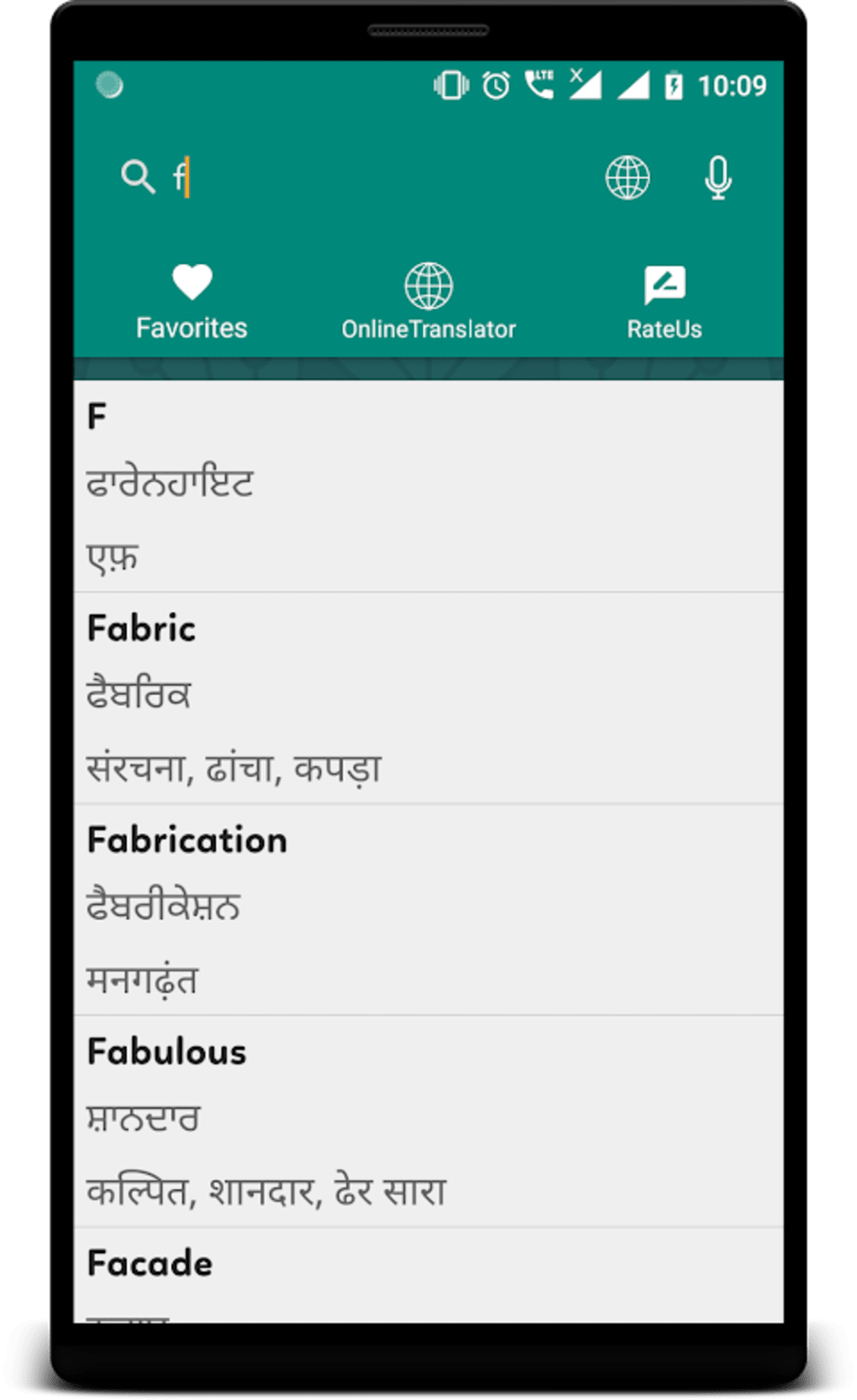Is the digital age truly a boundless realm, or have the virtual spaces we inhabit become breeding grounds for exploitation and the relentless invasion of privacy? The proliferation of leaked content, particularly those targeting individuals within specific communities, serves as a stark reminder that online anonymity can be a shield for malicious intent, resulting in severe consequences for those whose lives are laid bare for public consumption.
The online landscape, once envisioned as a democratizing force, has paradoxically fostered a culture where the boundaries of consent and respect are routinely transgressed. The relentless pursuit of sensationalism and the thirst for clicks have created an ecosystem where personal information, intimate moments, and private experiences are commodified and disseminated without regard for the individual's well-being. The incidents, which have emerged in recent times involving the alleged distribution of private material involving individuals from the Punjabi community, expose the dark underbelly of this digital reality.
These occurrences, if substantiated, are not isolated events but are symptoms of a larger issue that warrants serious attention. The ease with which private content can be obtained, shared, and amplified across various platforms underscores the urgent need for stricter regulations, ethical guidelines, and a collective shift in societal attitudes. The emotional and psychological toll on individuals whose private lives are exposed in this manner can be devastating. The resulting shame, humiliation, and social stigma can lead to isolation, mental health issues, and in extreme cases, even suicide.
The focus of attention has shifted towards the individuals affected and the community at large, with a considerable amount of material circulating online. The exploitation and exposure are not limited to a specific demographic. The incidents highlight the vulnerabilities inherent in our digital existence. The pervasiveness of social media platforms, messaging apps, and file-sharing sites has made it easier than ever to capture, distribute, and consume private content. The anonymity provided by the internet further emboldens individuals to engage in harmful behavior, making it difficult to hold perpetrators accountable.
The instances involve the alleged unauthorized distribution of intimate content. The focus is not only on the individuals directly implicated but also on the broader social and cultural context that facilitates such actions. The discussion needs to go beyond sensational headlines. It's important to address the underlying issues that contribute to these occurrences.
The term Punjabi Mms has been linked to a wide array of content, indicating a troubling trend of exploitation and the objectification of individuals within the community. Such content often involves non-consensual sharing of intimate videos or photos, highlighting a severe breach of privacy and potential legal violations. The incidents reported demonstrate how technology can be misused to cause significant harm. The repercussions extend beyond the immediate victims. It impacts the community at large by eroding trust, fostering fear, and perpetuating harmful stereotypes.
The accessibility of these materials on various platforms raises critical questions about content moderation and the responsibility of social media companies. While these platforms have policies against the distribution of explicit content, the sheer volume of material uploaded daily makes it difficult to prevent the spread of such videos. The need for more effective filtering mechanisms, reporting systems, and proactive measures to identify and remove harmful content is crucial.
The incidents serve as a reminder of the crucial importance of digital literacy and privacy awareness. Individuals need to be educated about the potential risks of sharing personal information online. The information includes intimate images and videos. There's a need for guidance on how to protect one's privacy, recognize potential threats, and report instances of abuse. Education campaigns and awareness initiatives should target all age groups and demographics. The programs should highlight the dangers of cyberbullying, online harassment, and the legal consequences of sharing non-consensual content.
The prevalence of leaked content and the resulting exploitation of individuals and groups such as the Punjabi community also raise important questions about consent. The act of recording and sharing intimate content without the consent of all parties involved is illegal and unethical. The current legal and societal frameworks should be revisited to ensure that they adequately address issues of digital consent and privacy. Stronger laws and enforcement mechanisms are needed to hold perpetrators accountable. There should also be support services available for victims of such abuse.
The discussion is not limited to specific incidents; it extends to the wider cultural and social factors that contribute to the problem. The objectification of women, the normalization of sexual violence, and the perpetuation of harmful stereotypes all play a role in creating an environment where the exploitation of individuals is deemed acceptable. To address these issues, a comprehensive approach is required. This approach should include education, awareness campaigns, and a critical examination of the media narratives that promote or normalize such behavior.
The incident acts as a catalyst, sparking a broader conversation about digital ethics, privacy, and the responsibility of individuals and platforms to protect vulnerable populations. It underscores the critical importance of addressing these issues in a comprehensive and proactive manner. The aim is to create a digital environment where all individuals can express themselves without fear of exploitation or harassment. It's also about holding perpetrators accountable, supporting victims, and fostering a society that values consent, respect, and privacy.
The online dissemination of private material, particularly targeting specific communities, demands urgent attention. It is a complex issue. It requires a multifaceted approach that includes legal reforms, educational initiatives, and a fundamental shift in societal attitudes. The digital realm should be a place where individuals can connect and express themselves without fear of exploitation or harm.
The incidents that have come to light serve as a wake-up call. They call for a collective commitment to create a digital environment where privacy is respected, consent is paramount, and those who exploit others are held accountable. It is time to move beyond the sensational headlines and address the deeper issues that fuel the exploitation and the violation of privacy. Only then can we begin to build a digital world that is safe, inclusive, and respectful for all.
The term Punjabi has been associated with various instances of leaked content. This association underscores the urgent need for action. It calls for a re-evaluation of our digital practices and a firm commitment to protecting the rights and dignity of all individuals.
The online landscape needs to be a place where everyone can thrive without the fear of having their private lives exploited. This requires a concerted effort to address the root causes of this disturbing trend. It also needs a commitment to build a digital world that reflects our shared values of respect, empathy, and justice.



